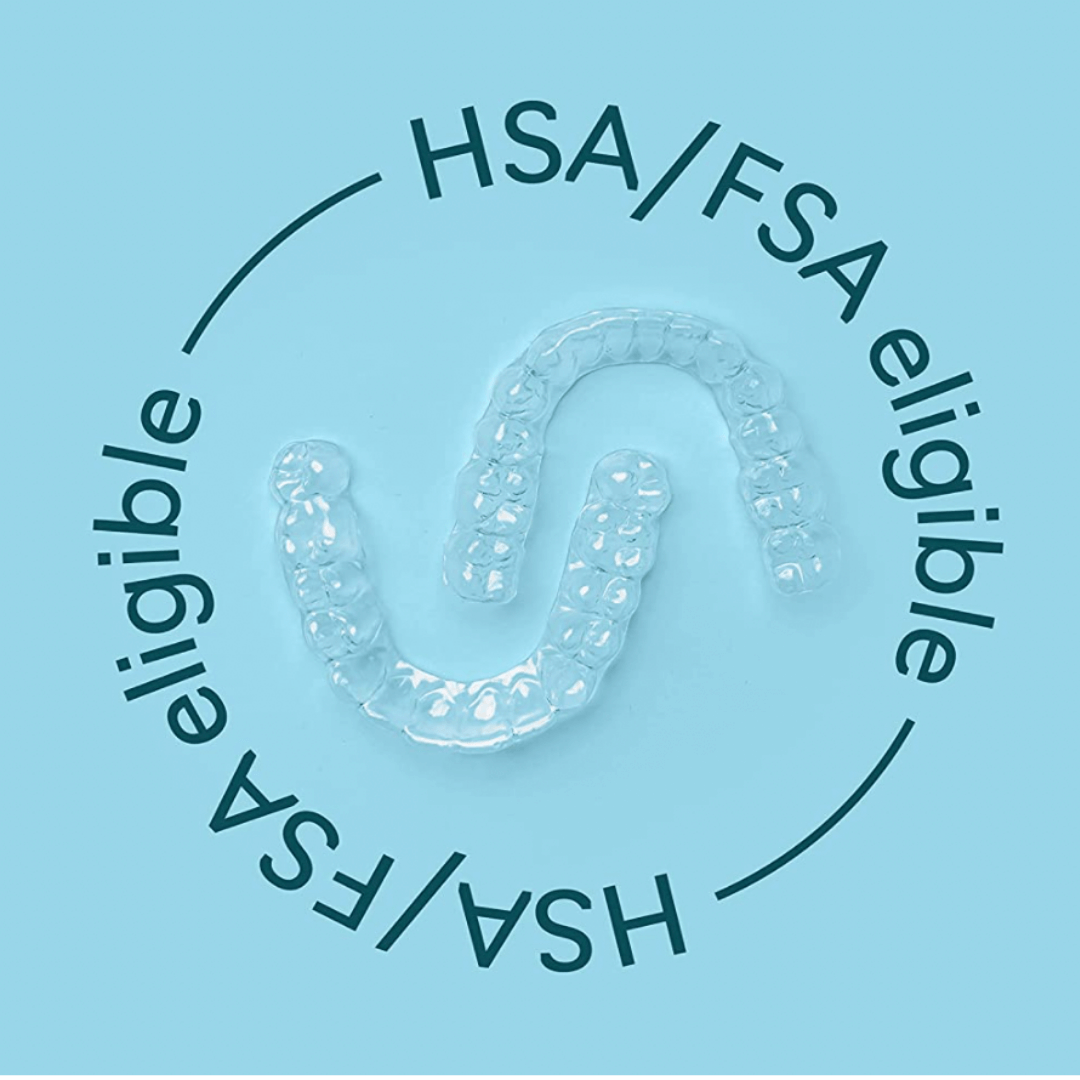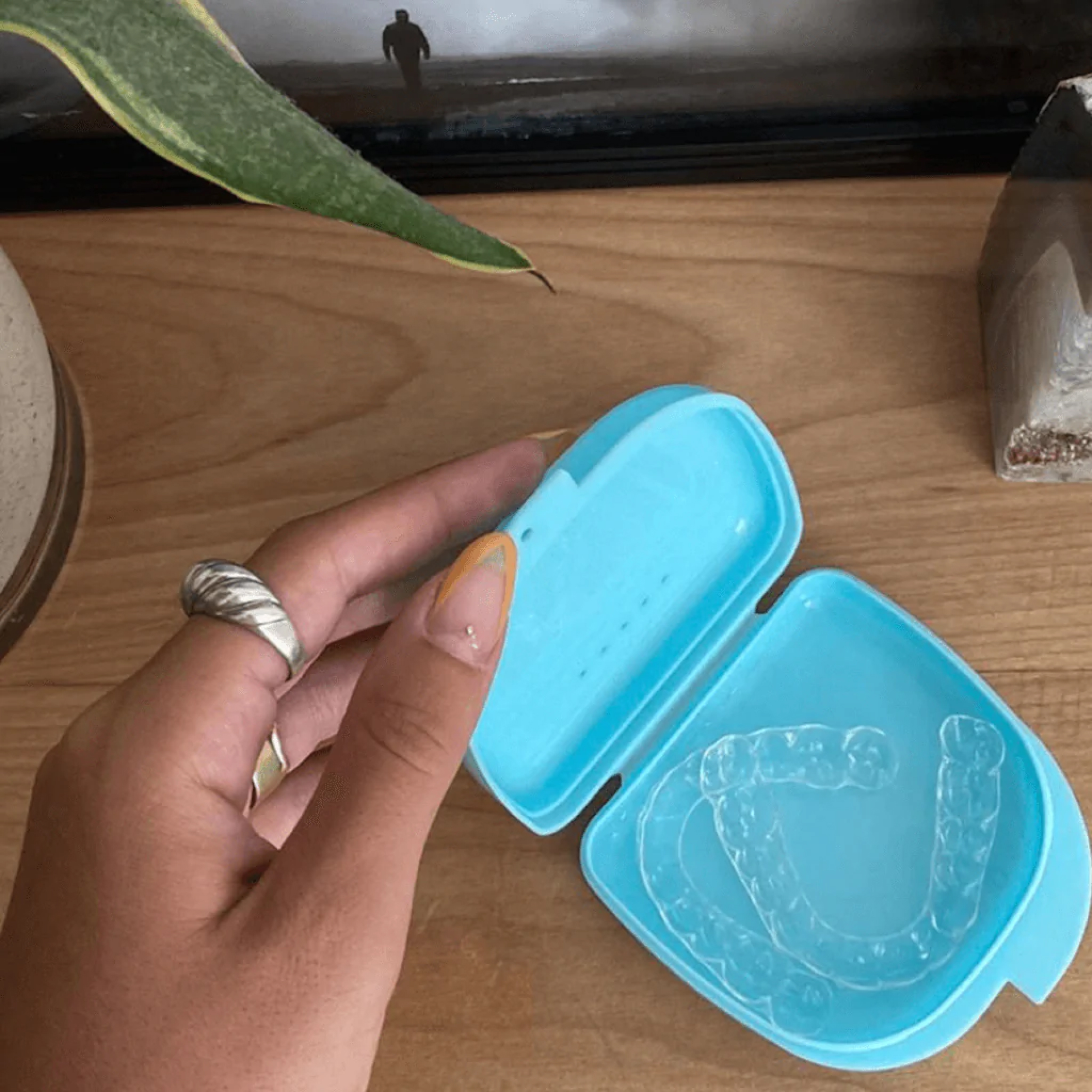What Is the Cost of a Custom-Made Night Guard?
A custom-made night guard can be a crucial investment for individuals suffering from bruxism or teeth grinding during sleep. The cost of a night guard varies depending on several factors, including materials, design, and dental fees. This article aims to provide you with a comprehensive understanding of night guards, factors affecting their costs, and a comparison to over-the-counter alternatives.
Understanding Night Guards
A night guard is a dental appliance designed to protect your teeth and jaw from the damaging effects of teeth grinding or clenching while sleeping. Teeth grinding is a common issue that can lead to tooth enamel wear, tooth sensitivity, jaw pain, and even tooth loss if left untreated.
What is a Night Guard?
A night guard is a custom-fit, removable dental appliance worn over the teeth to provide a barrier between the upper and lower teeth, preventing them from grinding against each other. The device helps reduce the pressure exerted on the teeth, minimizing the risk of dental damage and alleviating symptoms associated with bruxism.
When you visit your dentist, they will take an impression of your teeth to create a custom-fit night guard that is unique to your mouth. The impression is sent to a dental laboratory where the night guard is fabricated. Once it is ready, you will return to your dentist for a fitting to ensure that the night guard fits comfortably and securely in your mouth.
Types of Night Guards
There are various types of night guards available, with custom-made and over-the-counter options being the most common. Custom-made night guards are designed specifically for an individual's mouth and teeth, ensuring the perfect fit and optimum protection. Over-the-counter or "boil and bite" night guards, on the other hand, require the user to mold the device to their teeth after softening it in hot water.
It is important to note that over-the-counter night guards may not fit as well as custom-made ones, which can lead to discomfort or even cause more damage to your teeth and jaw. It is recommended to consult with your dentist to determine the best type of night guard for your specific needs.
Benefits of Using a Night Guard
Night guards offer numerous benefits, including protecting teeth from wear and tear, reducing the risk of cracked or fractured teeth, and preventing the onset of temporomandibular joint (TMJ) disorders. They also help prevent the onset of morning headaches and disrupted sleep patterns commonly associated with teeth grinding.
Using a night guard can also help improve your overall oral health. By protecting your teeth from grinding and clenching, you can reduce the risk of developing cavities, gum disease, and other dental issues that can result from excessive wear and tear on your teeth.
Additionally, night guards can provide relief from the pain and discomfort associated with bruxism. By reducing the pressure on your teeth and jaw, you can alleviate symptoms such as jaw pain, headaches, and earaches.
Overall, a night guard is an effective and non-invasive solution for protecting your teeth and jaw from the damaging effects of teeth grinding and clenching. If you are experiencing symptoms of bruxism, consult with your dentist to determine if a night guard is right for you.
Factors Affecting the Cost of Custom-Made Night Guards
The cost of a custom-made night guard can vary significantly depending on various factors. Understanding these factors can help you make an informed decision while choosing the right night guard for your needs.
Material Quality
Custom-made night guards are available in a range of materials, including acrylic, thermoplastic, and dual-laminates. Each material offers different levels of durability, comfort, and thickness. The cost of your night guard will depend on the quality of the material selected. High-quality materials often offer longer-lasting protection and a better fit, but they may come with a higher price tag.
Acrylic is a popular choice for night guards due to its durability and ease of customization. It is a hard plastic that can withstand the wear and tear of grinding and clenching. However, some people find it uncomfortable to wear for extended periods.
Thermoplastic is a softer material that molds to your teeth, providing a comfortable fit. It is less durable than acrylic but can still provide adequate protection for mild to moderate teeth grinding.
Dual-laminates are a combination of acrylic and thermoplastic, providing the benefits of both materials. They offer excellent durability and a comfortable fit, making them a popular choice for severe teeth grinding or clenching.
Complexity of Design
The design of a night guard can vary to accommodate specific dental conditions and preferences, such as bite correction or increased cushioning for sensitive teeth. More complex designs may require additional customization, increasing the overall cost of the night guard.
A night guard designed for bite correction may require multiple adjustments to achieve the desired results, adding to the overall cost. Similarly, a night guard designed for sensitive teeth may require additional cushioning materials, increasing the cost of materials used.
Dental Clinic or Laboratory Fees
The cost of a custom-made night guard can also be affected by the fees charged by your dentist or the dental laboratory they work with. These fees typically cover the cost of materials, labor, and other overhead expenses associated with creating your custom-fit device. Additionally, adjusting the night guard to ensure a perfect fit may incur extra charges.
It's important to research the fees charged by different dental clinics and laboratories to ensure you're getting a fair price for your night guard. Some clinics may charge higher fees due to their reputation or location, while others may offer lower fees to attract new patients.
Geographic Location
The cost of a custom-made night guard may vary depending on your location. Dental fees and the cost of living can differ significantly between urban and rural areas or from one country to another. It's essential to research the average costs of night guards in your region to get a better idea of the expected price range.
For example, the cost of a night guard in a major city like New York or Los Angeles may be higher than in a smaller town due to higher overhead expenses. Similarly, the cost of a night guard in the United States may be higher than in other countries due to differences in healthcare systems and regulations.
Ultimately, the cost of a custom-made night guard will depend on your individual needs and preferences. By understanding the factors that affect the cost, you can make an informed decision and find a night guard that fits your budget and provides the protection you need.
Comparing Custom-Made Night Guards to Over-the-Counter Options
When considering a night guard, it is essential to compare the pros and cons of both custom-made and over-the-counter options to ensure you make an informed decision.
Fit and Comfort
Custom-made night guards offer a superior fit compared to over-the-counter alternatives, ensuring a more comfortable and effective solution for managing bruxism. Over-the-counter night guards may not provide an optimal fit, leading to discomfort, reduced protection, and even adverse effects on the teeth and jaw.
Durability and Longevity
A custom-made night guard generally boasts better durability and longevity than over-the-counter options, thanks to the use of high-quality materials and a precise, personalized fit. Over-the-counter night guards often suffer from wear and tear more quickly, requiring frequent replacements and potentially leading to higher long-term costs.
Effectiveness in Protecting Teeth
Since a custom-made night guard is designed specifically for your mouth and teeth, it provides better protection from grinding and clenching. Over-the-counter options may not offer the same level of protection, increasing the risk of dental damage and associated complications.
The Process of Getting a Custom-Made Night Guard
Obtaining a custom-made night guard generally involves several steps, including a dental consultation, taking impressions, and fitting the device.
Dental Consultation and Examination
The first step in getting a custom-made night guard is a consultation and examination with your dentist. They will assess your dental health, confirm the need for a night guard, and recommend the ideal type and design based on your specific needs.
Taking Impressions of Your Teeth
To create a custom fit, your dentist will take precise impressions of your teeth using either a moldable material or digital scanning technology. These impressions are sent to a dental laboratory, where your night guard will be carefully crafted to fit your teeth and mouth perfectly.
Fitting and Adjusting the Night Guard
Once the night guard has been fabricated, your dentist will schedule a follow-up appointment during which they will fit the device to your teeth and make any necessary adjustments to ensure maximum comfort and effectiveness. It's essential to follow your dentist's instructions for proper care and maintenance of your custom-made night guard to prolong its lifespan and protect your investment.
In conclusion, the cost of a custom-made night guard can vary depending on factors such as material quality, design complexity, and dental fees. However, the benefits of a comfortable fit, increased protection, and durability often outweigh any additional expense when compared to over-the-counter alternatives. Consult with your dentist to determine the best night guard solution for your needs and budget.




